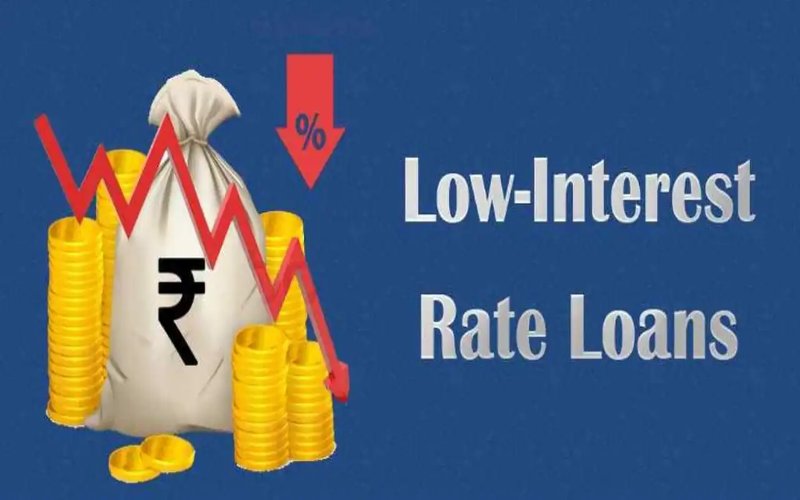When it comes to borrowing money, securing the best interest rate can make a significant difference in your financial well-being. A lower interest rate means lower monthly payments and less money spent over the life of the loan. In this article, we will explore various strategies to help you obtain the most favorable interest rates on loans, ultimately saving you money and potentially improving your overall financial health.
- Maintain a Strong Credit Score
One of the most crucial factors that lenders consider when determining your interest rate is your credit score. A higher credit score reflects a history of responsible financial behavior, making you a less risky borrower in the eyes of lenders. To improve your credit score or maintain a good one, pay bills on time, keep credit card balances low, and avoid opening too many new accounts at once.
- Comparison Shop
Don’t settle for the first loan offer that comes your way. Different lenders offer different interest rates and terms, so it’s essential to shop around. Obtain quotes from multiple lenders and compare them thoroughly. Consider both traditional banks and credit unions, as well as online lenders, as they often have competitive rates.
- Understand the Different Types of Loans
There are various types of loans available, each with its own interest rate structure. For instance, fixed-rate loans have a constant interest rate throughout the life of the loan, providing stability but potentially starting at a higher rate. On the other hand, adjustable-rate loans may start with a lower interest rate but can fluctuate over time, potentially leading to higher payments down the line. Understanding the pros and cons of each type will help you choose the loan that best suits your financial situation.
- Increase Your Down Payment
When applying for a loan, especially for a mortgage or a car loan, a larger down payment can significantly impact the interest rate you’re offered. A substantial down payment demonstrates your commitment to the investment and lowers the amount you need to borrow, making you a less risky borrower in the eyes of lenders.
- Show Stable Employment and Income
Lenders want to be assured that you have a reliable source of income to repay the loan. Demonstrating stable employment and a steady income history can improve your chances of securing a favorable interest rate. Avoid changing jobs frequently before applying for a loan, as it can be perceived as a red flag by lenders.
- Consider a Co-Signer
If your credit score is not as high as you’d like or if you have limited credit history, having a co-signer with a strong credit profile can help you qualify for a better interest rate. A co-signer essentially vouches for your ability to repay the loan, providing lenders with an additional layer of security.
- Negotiate and Be Prepared to Bargain
Negotiation is a powerful tool when it comes to securing favorable loan terms. Don’t be afraid to ask lenders if they can offer a lower interest rate, especially if you have received competing offers with better rates. Be prepared to leverage your research and creditworthiness to negotiate the best deal possible.
- Maintain a Low Debt-to-Income Ratio
Your debt-to-income (DTI) ratio is the percentage of your monthly income that goes towards debt payments. Lenders prefer borrowers with a lower DTI, as it indicates that you have more disposable income to cover loan payments. To improve your DTI, focus on paying down existing debts before applying for a new loan.
Conclusion
Securing the best interest rate on a loan can have a profound impact on your financial well-being. By following these tips, you can increase your chances of obtaining a favorable rate, ultimately saving you money in the long run. Remember, taking the time to research, compare offers, and improve your financial profile can pay off in the form of lower monthly payments and greater overall financial stability.
